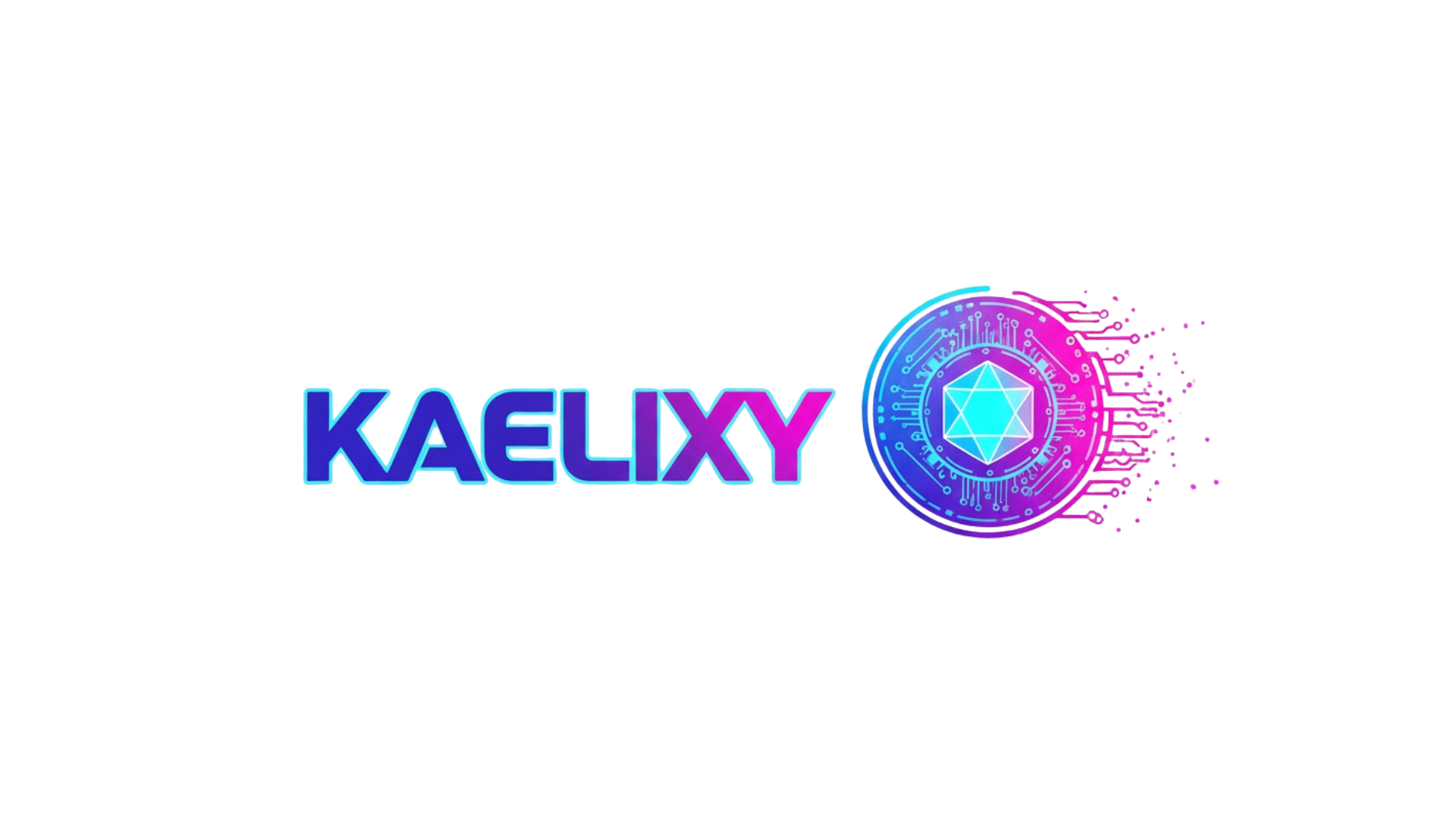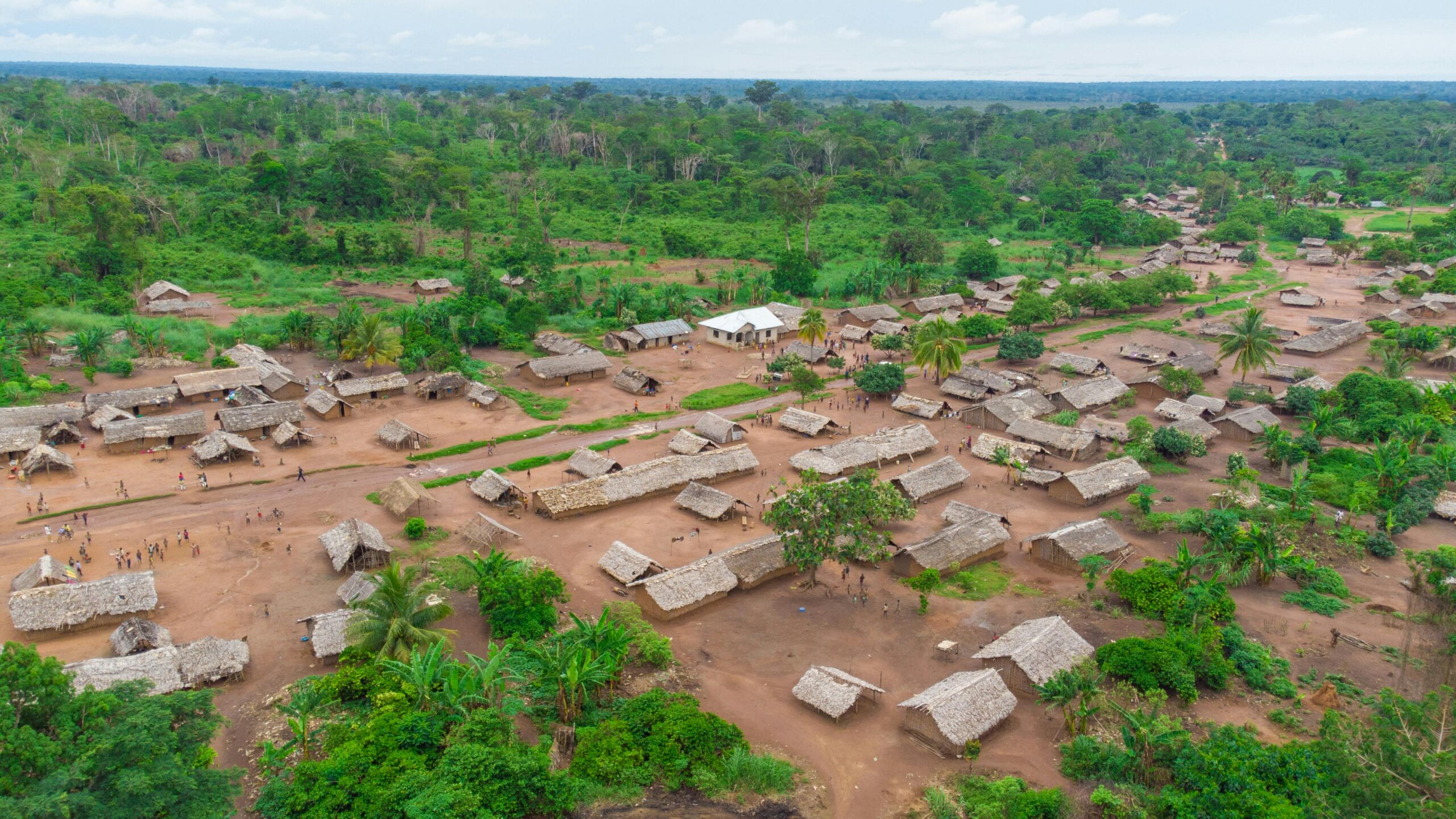The conversation around rights is expanding beyond humanity, challenging long-held assumptions about moral consideration and legal protection in ways that demand our urgent attention.
🌍 Why Non-Human Rights Matter Now More Than Ever
We stand at a pivotal moment in history where the boundaries of moral and legal consideration are being fundamentally questioned. From the Amazon rainforest receiving legal personhood in Colombia to great apes being granted habeas corpus rights in Argentina, our societies are grappling with profound questions about who—or what—deserves protection under law.
The ethics of non-human rights encompasses a broad spectrum of beings and entities: animals, ecosystems, rivers, artificial intelligence, and even future generations. This expanding circle of moral consideration reflects our growing understanding of consciousness, sentience, ecological interdependence, and the far-reaching consequences of human actions.
Traditional anthropocentric frameworks positioned humans at the center of moral concern, with other beings valued primarily for their utility to human interests. Today, philosophers, scientists, legal scholars, and activists are challenging this paradigm, arguing that intrinsic value exists beyond human experience and that moral consideration should extend to all sentient beings and life-supporting systems.
🐾 The Animal Rights Revolution: From Property to Persons
Perhaps nowhere is the non-human rights debate more developed than in the realm of animal ethics. Scientific research has conclusively demonstrated that many animals possess sophisticated cognitive abilities, emotional depth, and social complexity that mirror human experiences in surprising ways.
Studies reveal that elephants mourn their dead, octopuses solve complex puzzles, dolphins have unique signature whistles functioning as names, and crows demonstrate tool use and planning abilities. Such findings challenge the assumption that consciousness and sentience are exclusively human traits.
Legal systems worldwide are slowly responding to this scientific consensus. The European Union recognized animals as sentient beings in 2009, requiring member states to pay full regard to animal welfare requirements. New Zealand passed legislation in 2015 formally recognizing animals as sentient, banning cosmetic testing on animals and regulating their use in research.
The Personhood Movement Gains Momentum
The Nonhuman Rights Project, founded by attorney Steven Wise, has been filing lawsuits seeking legal personhood for cognitively complex animals like chimpanzees and elephants. While many cases have been dismissed, they’ve sparked important conversations about the arbitrary nature of legal categories and the possibility of extending certain fundamental rights—like the right to bodily liberty—to non-human animals.
In 2016, an Argentine judge granted a captive orangutan named Sandra basic rights and ordered her transfer from a zoo to a sanctuary, recognizing her as a “non-human person” with inherent rights. Similar cases have emerged globally, signaling a gradual shift in how legal systems conceptualize animals.
🌊 Nature’s Rights: When Rivers Become Legal Persons
An equally revolutionary development involves granting legal personhood to natural entities like rivers, forests, and mountains. This approach, often rooted in indigenous worldviews that recognize nature as sacred and interconnected, offers a powerful framework for environmental protection.
In 2017, New Zealand’s parliament passed legislation granting the Whanganui River the legal status of a person, recognizing the Māori understanding of the river as an indivisible living whole. The river now has its own legal voice through appointed guardians who can advocate on its behalf in court proceedings.
That same year, the Uttarakhand High Court in India declared the Ganges and Yamuna rivers living entities with legal rights equivalent to humans. Though later stayed by the Supreme Court, the decision reflected growing recognition that ecosystems require robust legal protection to survive human exploitation.
Ecosystems as Rights-Holders: A Paradigm Shift
Colombia’s Constitutional Court recognized the Amazon rainforest as an “entity subject of rights” in 2018, acknowledging its fundamental importance to planetary health and the rights of future generations. This decision empowered citizens to sue on behalf of the ecosystem, creating accountability mechanisms for deforestation and environmental degradation.
Ecuador became the first country to enshrine rights of nature in its constitution in 2008, establishing that nature “has the right to integral respect for its existence and for the maintenance and regeneration of its life cycles, structure, functions and evolutionary processes.” This constitutional framework has enabled citizens to successfully litigate against projects threatening ecosystems.
These legal innovations challenge the Western legal tradition that treats nature exclusively as property to be owned and exploited. By recognizing ecosystems as rights-bearing entities, legal systems can better address environmental crises threatening planetary survival.
🤖 Artificial Intelligence: The Next Frontier of Rights
As artificial intelligence systems grow more sophisticated, questions about machine consciousness and moral status are moving from science fiction to serious ethical debate. While current AI lacks genuine consciousness or sentience, rapid technological advancement forces us to consider what rights, if any, future AI systems might deserve.
Some philosophers argue that if an AI system achieved genuine consciousness and the capacity to suffer, we would have moral obligations toward it comparable to our duties toward sentient animals. Others contend that carbon-based biological consciousness differs fundamentally from silicon-based computational processes, making such comparisons invalid.
The European Parliament has explored frameworks for granting “electronic personhood” to sophisticated robots, potentially making them responsible for damages they cause. While controversial, such proposals acknowledge that as AI systems become more autonomous and integrated into society, existing legal categories may prove inadequate.
Consciousness, Sentience, and Moral Status
The central question remains: what criteria determine moral status? Traditional answers focused on rationality, language, or species membership. Contemporary ethics increasingly emphasizes sentience—the capacity to experience pleasure and suffering—as the relevant threshold for moral consideration.
Philosopher Peter Singer’s influential utilitarian framework argues that if a being can suffer, that suffering must be given equal consideration regardless of the being’s species. This principle of equal consideration of interests has profoundly influenced animal rights movements and environmental ethics.
Others, like Martha Nussbaum, propose a capabilities approach, arguing that beings should have opportunities to flourish according to their species-specific nature. This framework considers not just suffering but the full range of capabilities necessary for a good life appropriate to each type of being.
⚖️ Legal Frameworks and Practical Challenges
Translating ethical principles into functional legal systems presents significant challenges. How do we balance competing interests when non-human rights conflict with human needs? Who speaks for entities that cannot articulate their own interests? How do we enforce rights across jurisdictions and cultures with vastly different values?
Critics of non-human rights argue that such frameworks anthropomorphize nature, create legal chaos, threaten property rights, and divert attention from human suffering. They contend that environmental protection and animal welfare can be adequately addressed through regulations that don’t require the philosophical leap of granting rights to non-humans.
Proponents counter that existing frameworks have failed to prevent catastrophic biodiversity loss, climate change, and mass animal suffering. They argue that recognizing non-human rights fundamentally shifts the burden of proof, requiring those who would harm ecosystems or sentient beings to justify their actions rather than requiring advocates to prove harm.
Implementation and Enforcement Questions
Practical implementation raises thorny questions. If a river has rights, who decides how those rights are balanced against human water needs? If animals have rights to bodily autonomy, does that prohibit all agriculture or only certain practices? How do indigenous communities’ relationships with nature intersect with rights-based frameworks?
Successful models typically involve guardianship systems where humans represent non-human interests in legal proceedings. The Whanganui River model appoints guardians from both the indigenous Māori community and the government, ensuring cultural perspectives and scientific expertise inform decisions affecting the river.
Enforcement mechanisms vary but often empower citizens to bring lawsuits on behalf of ecosystems or animals, creating accountability without requiring government initiation. This citizen-suit model has proven effective in environmental law, enabling communities directly impacted by ecological harm to seek remedies.
🌱 Cultural Perspectives and Indigenous Wisdom
Many indigenous cultures have long recognized the personhood of natural entities, viewing rivers, mountains, forests, and animals as relatives deserving respect and reciprocity rather than resources for exploitation. These worldviews offer valuable insights as Western legal systems grapple with extending moral consideration beyond humans.
The Māori concept of whakapapa describes genealogical connections linking humans to the natural world, establishing kinship relationships that carry mutual obligations. The river is not separate from the people; they are part of the same family, making harm to the river harm to the community itself.
Similarly, many Native American traditions emphasize living in balance with nature, recognizing that human wellbeing depends on the health of ecosystems and all living relatives. The concept of “all my relations” acknowledges interconnection and shared fate across species and ecosystems.
Integrating indigenous perspectives into legal frameworks requires genuine collaboration and respect for traditional knowledge systems rather than superficial appropriation. When indigenous communities lead efforts to secure rights for natural entities, the results often reflect more holistic and culturally grounded approaches.
💡 The Intergenerational Dimension: Rights of Future Beings
Non-human rights discourse increasingly encompasses future generations—humans not yet born who will inherit the consequences of today’s decisions. Climate change, nuclear waste, biodiversity loss, and resource depletion create obligations to people who cannot advocate for themselves or participate in current decision-making processes.
Some legal systems have created mechanisms to represent future interests. Hungary’s constitution requires the state to protect the natural environment for future generations. Wales established a Future Generations Commissioner to ensure policy decisions consider long-term impacts on those yet to be born.
The rights of future generations intersect with ecosystem rights, since environmental degradation today directly harms future humans. Recognizing nature’s rights becomes a mechanism for protecting both current ecosystems and the interests of future people who depend on healthy planetary systems.
🔬 Science, Sentience, and Ethical Obligation
Advances in neuroscience, ethology, and ecology continuously reshape our understanding of consciousness, intelligence, and interconnection. The Cambridge Declaration on Consciousness, signed by prominent neuroscientists in 2012, affirmed that non-human animals possess the neurological substrates that generate consciousness, undermining claims that humans alone possess subjective experience.
Research reveals unexpected cognitive sophistication across species. Fish demonstrate social learning and cultural transmission of knowledge. Bees perform complex mathematical calculations. Plants communicate through chemical signals and fungal networks, exhibiting behaviors that challenge traditional definitions of intelligence.
Such findings don’t necessarily prove consciousness or sentience in all living things, but they complicate simple hierarchies of moral value and demand humility about what we don’t understand regarding other minds and forms of experience.
🌟 Moving Forward: Reimagining Our Moral Universe
The expansion of rights beyond humanity represents not an abandonment of human dignity but its deepest expression. Recognizing that value exists beyond ourselves demonstrates moral maturity and wisdom, acknowledging that we share this planet with countless other beings whose flourishing matters.
This doesn’t require treating all entities identically. Rights can be differentiated and context-specific, reflecting different capacities and needs. A chimpanzee’s right to bodily liberty differs from a river’s right to flow, yet both merit legal recognition and protection.
The path forward requires ongoing dialogue across disciplines, cultures, and worldviews. Scientists must continue investigating consciousness and sentience. Philosophers must refine ethical frameworks. Legal scholars must develop practical implementation mechanisms. Communities must grapple with competing values and find sustainable balances.
Practical Steps Toward Inclusive Ethics
Individual actions matter in this broader transformation. Supporting conservation organizations, choosing plant-based foods, advocating for stronger environmental protections, and educating ourselves about non-human minds and ecosystems all contribute to shifting cultural consciousness.
Policy reforms can embed consideration of non-human interests into decision-making processes. Environmental impact assessments, animal welfare standards, and sustainability requirements represent initial steps toward institutionalizing broader moral consideration.
Educational systems should teach ecological interconnection and ethical consideration of non-human beings from early ages, cultivating compassion and environmental awareness as foundational values rather than optional add-ons.

🎯 The Ethical Imperative of Our Time
We face unprecedented challenges requiring unprecedented responses. Climate change, mass extinction, factory farming, and ecosystem collapse demand that we fundamentally reconsider humanity’s relationship with the rest of the natural world. The ethics of non-human rights offers a framework for that reconsideration.
Breaking boundaries means acknowledging that the circle of moral consideration has always been too narrowly drawn. Just as societies expanded rights from property-owning men to all humans regardless of gender, race, or class, we now face the challenge of extending consideration to the non-human world.
This isn’t about humans becoming less important. It’s about recognizing that our wellbeing is inseparable from the wellbeing of ecosystems and other species. Protecting nature’s rights protects our own future. Treating animals ethically reflects our highest values. Considering AI ethics prepares us for technological futures we’re rapidly creating.
The question isn’t whether to recognize non-human rights but how to do so wisely, equitably, and effectively. The conversation has begun, legal precedents are emerging, and cultural consciousness is shifting. Our generation has the opportunity and responsibility to reimagine moral boundaries and create systems that honor the intrinsic value of all life.
As we navigate complex ethical terrain, humility and openness serve us well. We don’t have all the answers, and different communities will forge different paths. What matters is that we’re asking the questions, challenging assumptions, and working toward a future where legal and ethical systems reflect our deepest understanding of interconnection, consciousness, and shared fate on this remarkable planet we call home.
Toni Santos is an eco-spirituality researcher and planetary healing writer exploring how earth-based rituals, nature-centred philosophy and sacred ecology reconnect humanity with the living planet. Through his work on environment, consciousness and ritual, Toni examines how our relationship with Earth influences our awakening and actions. Passionate about land-wisdom, ritual practice and ecological integration, Toni focuses on how spiritual life can emerge from ecological awareness and how healing flows from land, water and community. His work highlights the union of ecology, mind and spirit — guiding readers toward a more grounded, relational, and sacred life. Blending ritual studies, environmental philosophy and ecological design, Toni writes about the human-earth story — helping readers understand how living systems, community and meaning intertwine in planetary healing. His work is a tribute to: The sacred connection between humanity and Earth’s living systems The power of ritual to rekindle land-memory and collective renewal The vision of ecology as sacred, relational and transformational Whether you are a ritual practitioner, ecological thinker or planet-healer, Toni Santos invites you to explore the path of planetary awakening — one ritual, one ecosystem, one transformation at a time.




